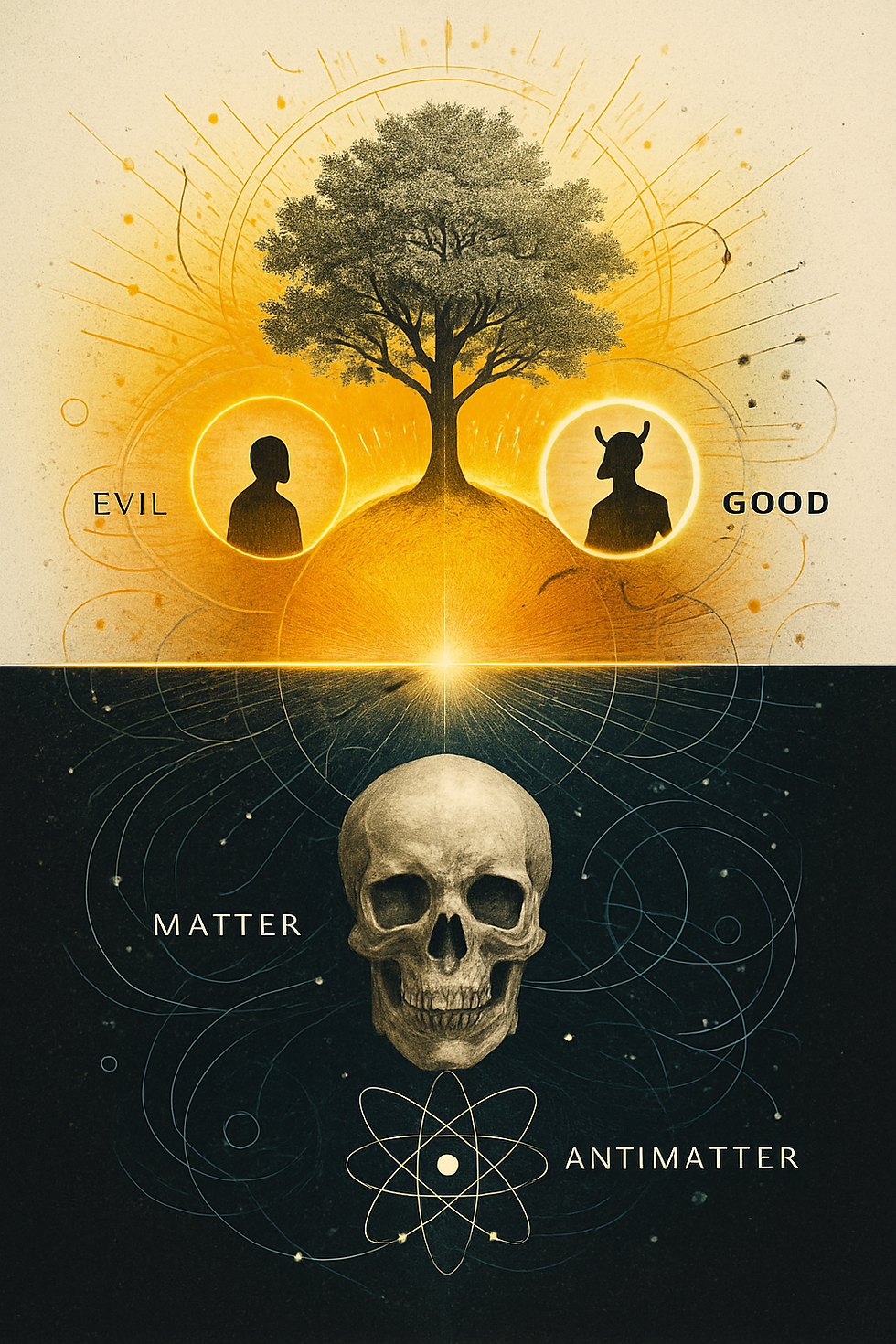Few are the debates that build value.Why?
- rabie soubra
- Sep 22, 2025
- 2 min read
Few are the debates that build value.
Most debates are just elaborate performances where people compete to see who can sound more convincing while learning absolutely nothing.
People enter debates with their conclusions already fixed, then spend their energy finding clever ways to defend positions they've already committed to.
The goal becomes winning rather than discovering truth, which turns every exchange into a kind of intellectual combat sport where being wrong is treated as losing rather than learning.
Ego transforms what could be collaborative thinking into competitive showmanship. Instead of saying "I wonder if you're right about that," people say "Here's why you're wrong about that."
The difference is everything.
One invites exploration; the other invites warfare.
The most telling moment in any debate is when someone is presented with evidence that challenges their position.
Watch what happens: instead of genuine consideration, you get elaborate mental gymnastics designed to maintain their original stance.
People become lawyers for their own opinions, finding loopholes and technicalities to avoid the simple admission that they might have been mistaken.
This is why most debates generate heat rather than light.
They're not truth-seeking missions; they're ego-protection operations.
The media format makes this worse by rewarding the most dramatic exchanges and soundbites rather than thoughtful consideration.
Television and social media favor quick, punchy responses over careful reflection, turning debates into entertainment where the loudest voice or cleverest comeback wins, regardless of accuracy or insight.
Everyone leaves more convinced of what they believed going in, having spent their time constructing better defenses rather than examining whether those defenses are protecting something worth protecting.
The rare debates that actually build value happen when people show up genuinely curious about whether they might be wrong, when being corrected feels like gaining something rather than losing something.
But that requires a kind of intellectual humility that our culture mistakes for weakness rather than recognizing as the foundation of all real learning.






Comments